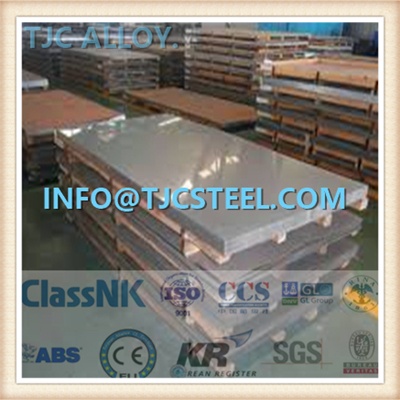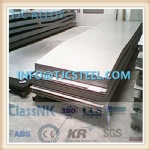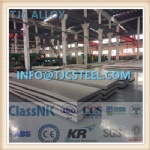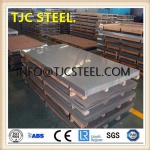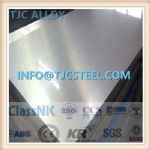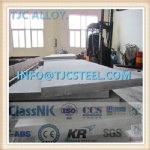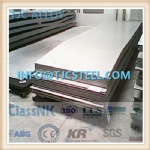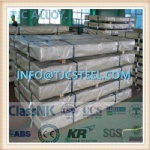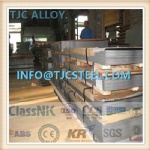Tel: +86-371-86107816
Fax: +86-371-63797816
E-mail: info@tjcsteel.com
Add: Fortune Plaza, Zhengzhou, Henan, China
Skype: tjccarl


|
Product name : 1100 Aluminum Alloy Plate
Item : 20244613937
 |
| Details: |
Introduction:
1100 aluminum alloy plate is a commercially pure aluminum alloy known for its excellent corrosion resistance, high ductility, and thermal conductivity. It belongs to the 1xxx series of aluminum alloys and is widely used in various applications due to its favorable properties.
Chemical Composition: 1100 aluminum alloy plate typically comprises the following chemical composition: - Aluminum (Al): 99.0% min - Silicon (Si): 0.95% max - Iron (Fe): 0.05% - 0.20% - Copper (Cu): 0.05% max - Manganese (Mn): 0.05% max - Zinc (Zn): 0.10% max - Titanium (Ti): 0.05% max - Others (each): 0.05% max - Others (total): 0.15% max
Mechanical Properties: - Tensile Strength: 95 MPa (minimum) - Yield Strength: 35 MPa (minimum) - Elongation: 5% (minimum)
Hardness: 1100 aluminum alloy plate typically exhibits a Brinell hardness of approximately 23 HB.
Standard Compliance (ASTM B209, JIS H4000): 1100 aluminum alloy plate complies with international standards such as ASTM B209 and JIS H4000, ensuring quality and consistency in production.
Size Range: 1100 aluminum alloy plate is available in various sizes and thicknesses, typically ranging from 0.2 mm to 300 mm in thickness, with widths up to 2500 mm and lengths up to 12000 mm.
Non-Destructive Testing Standard: Standard non-destructive testing methods, including ultrasonic inspection, are employed to ensure the quality and integrity of 1100 aluminum alloy plates.
Corrosion Resistance: 1100 aluminum alloy offers excellent corrosion resistance, particularly in atmospheric and chemical environments, making it suitable for applications requiring resistance to corrosion.
Heat Treatment Condition: 1100 aluminum alloy plate is not heat treatable, as it is a commercially pure aluminum alloy. It retains its properties at ambient temperatures and does not require heat treatment for strengthening.
Material Advantages and Disadvantages: - Advantages: Excellent corrosion resistance, high ductility, good thermal conductivity, and ease of fabrication. - Disadvantages: Relatively low strength compared to other aluminum alloys, limited mechanical properties.
Main Applications: - Packaging: Foil, cans, and containers for food and beverage packaging. - Electrical: Electrical conductors, busbars, and components requiring high electrical conductivity. - Chemical: Chemical processing equipment, storage tanks, and piping. - Reflectors: Reflective surfaces for lighting fixtures, solar panels, and decorative applications.
TJC Steel Supply Case: TJC Steel supplies 1100 aluminum alloy plates, adhering to international standards such as ASTM B209 and JIS H4000. They ensure that the products meet rigorous quality requirements, providing reliable solutions for various applications across industries.
Conclusion: 1100 aluminum alloy plate offers excellent corrosion resistance, high ductility, and thermal conductivity, making it suitable for various applications in packaging, electrical, chemical, and decorative industries. While it may have lower mechanical properties compared to other aluminum alloys, its favorable properties make it a preferred choice for specific applications requiring corrosion resistance and electrical conductivity. |
| Related Products : |



 Copper Alloy Plate
Copper Alloy Plate



